Company Apple almost bought beats it in major court ruling
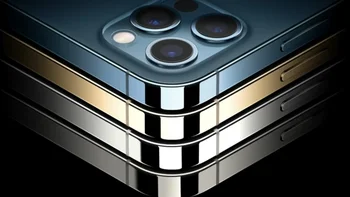
Corellium is a Florida company that makes virtual iPhones used by security research firms to search for bugs. If one is discovered, Corellium can cook up a virtual version of iOS to help it determine how long this bug has been around. And the beauty of using a virtual iPhone is that if it is bricked by a software issue, a new virtual phone can be created.
Judge rules against Apple in suit over copyright infringement
Apple took Corellium to court claiming that without permission from Apple, the firm copied iOS including the graphical user interface (GUI) and other parts of iPhone models. Apple said that Corellium pretended to have a motive to find bugs on iOS but ended up selling this information "on the open market to the highest bidder." According to Bloomberg, last week District Court Judge Rodney Smith in West Palm Beach ruled against the tech giant.
- iPhone 13: price, release date, features, and specs
Judge Smith said that the security research firm's actions were legal under an exception to copyright law that "creates a new, virtual platform for iOS and adds capabilities not available on Apple’s iOS devices."

Judge grants Corellium a Summary Judgment in copyright infringement case
Corellium says that its customers are government agencies, security researchers and financial institutions. It accuses Apple of trying to control the amount of security research that is done so that the public doesn't get to learn exactly all about the vulnerabilities inherent in iOS. Apple's wish to keep mum about any and all issues with iOS explains why Apple had been in serious talks to purchase the company. However, a price that both sides would agree to could not be reached; a year later, Apple initiated the lawsuit. In ruling against Apple, the judge said, "There is evidence in the record to support Corellium’s position that its product is intended for security research and, as Apple concedes, can be used for security research. Further, Apple itself would have used the product for internal testing had it successfully acquired the company."
Judge Smith says that even though he ruled in favor of Corellium, the latter could still be in violation of the Digital Millennium Copyright Act. This Act prohibits the use of tools to circumvent security measures. The judge decided not to dismiss this part of the case for now. Both sides have been ordered to submit a status report by Jan. 11 to relay to the court any updates about how the case is proceeding.
The company does have a program that rewards "white hat" hackers that discover flaws in iOS. But Apple says that what Corellium does goes beyond Apple's "bounty program." For its part, Corellium says that potential customers are evaluated and some are rejected. Additionally, the virtual iPhone created by Corellium cannot make phone calls, send text messages or access iTunes. It also can only run over a PC.
Apple says that the case is similar to the one between Oracle and Google that has been going on for years. An appeals court ruled that Google could not be allowed to copy Oracle's code for the Android operating system. The judge disagreed with Apple stating that there are differences between the two cases. Corellium, said Judge Smith, adds new content to iOS and is not a rival to Apple's mobile operating system. Instead, the judge says that the case is similar to one in which an appeals court ruled that Google's creation of digital copies of books for search results was a fair use of copyrighted titles.
In granting Corellium's Motion for Summary Judgment, Judge Smith said, "Having reviewed the evidence, the Court does not find a lack of good faith and fair dealing. Further, weighing all the necessary factors, the Court finds that Corellium has met its burden of establishing fair use. Thus, its use of iOS in connection with the Corellium Product is permissible. On these grounds, Corellium’s Motion for Summary Judgment is granted on Apple’s copyright claim."

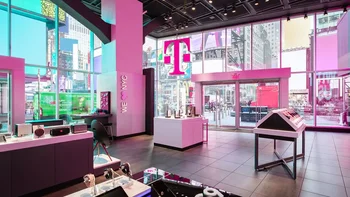
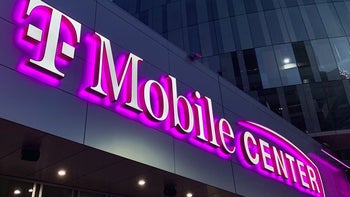
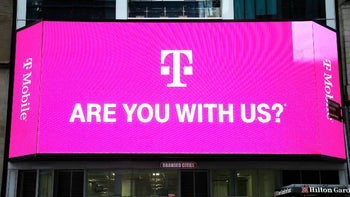
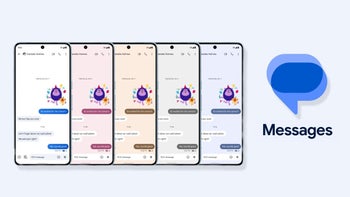
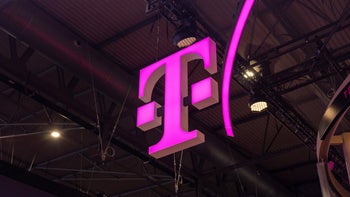
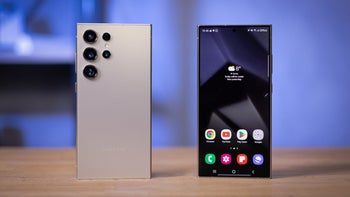
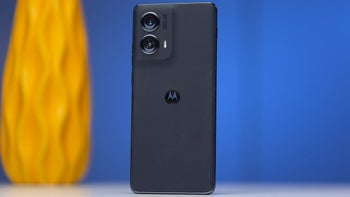
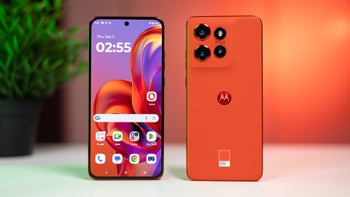
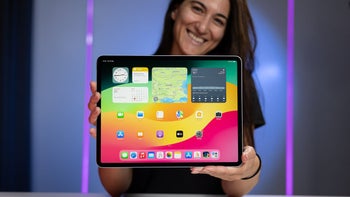
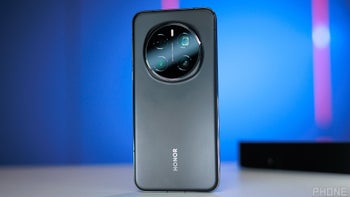
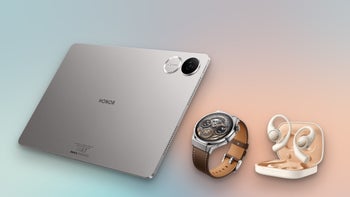
Things that are NOT allowed: